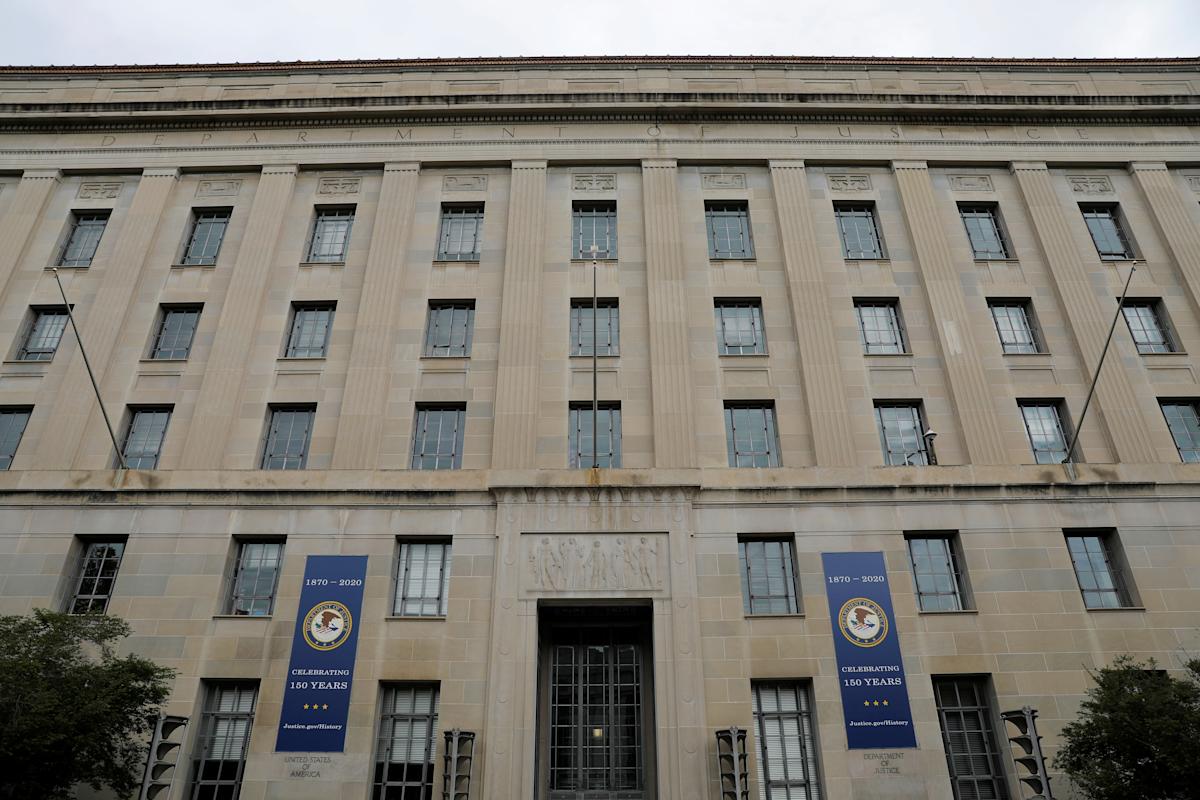Crypto Crackdown: Justice Department Dismantles Specialized Digital Currency Task Force

In a significant shift within the Department of Justice, Deputy Attorney General Todd Blanche has officially dissolved the National Cryptocurrency Enforcement Team, as revealed in a memo circulated on Monday. This strategic move signals a potential transformation in how federal authorities approach cryptocurrency-related investigations and enforcement.
The disbandment of the specialized team comes at a time of increasing complexity in the digital currency landscape, where regulatory challenges and technological innovations continue to evolve rapidly. While the specific reasons behind the team's dissolution were not immediately detailed, the decision suggests a potential restructuring of how cryptocurrency crimes and regulatory oversight will be managed moving forward.
Legal and tech experts are closely watching the implications of this organizational change, wondering how it might impact future investigations and prosecutions related to digital currency fraud, money laundering, and other crypto-related financial crimes. The move underscores the dynamic and ever-changing nature of cryptocurrency regulation in the United States.








